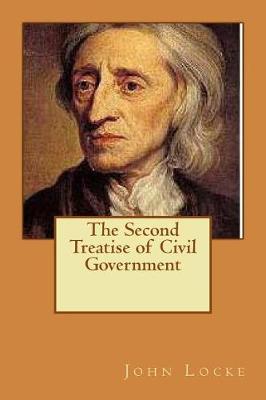Civil Government
1 total work
In this, the second of his Two Treatises of Government, John Locke examines humankind's transition from its original state of nature to a civil society. According to Locke, legitimate government arises to enforce the natural law and the property rights of individuals; when a government fails to do this, or attempts to exert powers beyond those granted by the people, revolution is justified. One can see the lasting influence of Locke's ideas through their familiarity to the modern reader - the roots of classical liberalism are here, and the arguments presented in this text have relevance to any modern student of political theory. The introduction and annotations included in this edition are intended to contextualize the work and prevent misunderstanding, without advancing any particular scholarly interpretation or merely summarizing Locke's arguments. This edition has its origin in the acclaimed Broadview Anthology of Social and Political Thought and adheres to the anthology's format and high standards of accuracy and accessibility.
